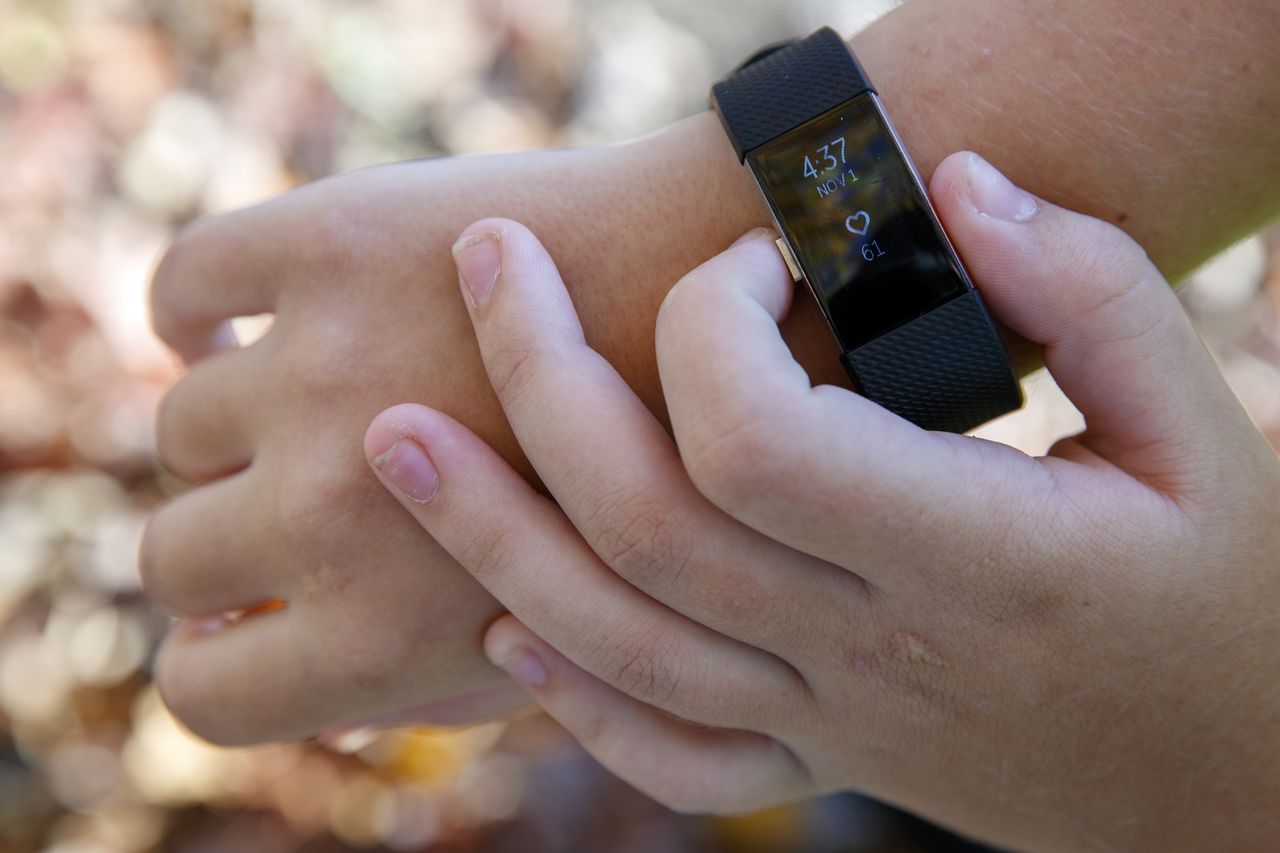What to know about new pediatric guidelines on obesity in children, teens
Earlier this year, the American Academy of Pediatrics released new guidance on how to treat childhood obesity, saying it’s no longer best to see if children outgrow obesity.
Instead, the organization said, doctors should “offer treatment options early and at the highest available intensity,” including therapy, medication and even surgery.
Doctors in Alabama – where the rate of obesity among high school aged students is around 17%, according to the Alabama Department of Public Health – say families should still first focus on lifestyle changes before resorting to some of the more extreme measures recommended by the association.
What are the new guidelines for childhood obesity?
The national organization wants obesity to be treated as a disease. Childhood obesity can lead to asthma, Type 2 Diabetes, high cholesterol, heart disease, sleep apnea, and high blood pressure.
Recommendations included an intensive behavior treatment, which involves 26 or more hours of face-to-face treatment over a 3- to 12-month period with the family and specialists, certain weight loss medications for children 12 and older, and that teens aged 13 and older with severe obesity should be evaluated for bariatric surgery.
“There is no evidence that ‘watchful waiting’ or delayed treatment is appropriate for children with obesity,” said Dr. Sandra Hassink, an author of the guideline and vice chair of the Clinical Practice Guideline Subcommittee on Obesity, in a news release. “The goal is to help patients make changes in lifestyle, behaviors or environment in a way that is sustainable and involves families in decision-making at every step of the way.”
What can families do?
Dr. Jacob Edwards, who treats patients with obesity at the Dothan Pediatric Subspecialty Clinic, said he tailors treatment to a patient’s individual needs and lifestyle.
“One of the biggest things when it comes to treatment is to make sure that you have to first meet your patient where they are and you can’t impose recommendations that they’re not going to be able to complete or have success with,” said Edwards.
Edwards said there can be many barriers to fighting obesity in Alabama. Some people have a genetic predispositions to gaining weight. Other people live in food deserts and can only buy food at a Dollar General, or live in rural communities where health care specialists are far away.
The recommendation for bariatric surgery requires a family to have a lot of resources at their disposal to be a successful candidate, said Edwards, including complete diet and lifestyle changes.
“A 13 year old might not be able to do that without significant social support from their family or psychological support from therapy,” he said. “It is a serious, life changing surgery.”
Bariatric surgery is usually only recommended for young people who have additional health problems related to obesity like sleep apnea, diabetes or high blood pressure, according to Edwards, and “would not be the first, second or third step in treatment.” He also notes that there are possible complications from the surgery that could require additional procedures to address them.
But he says families can make “small, consistent changes” to their day-to-day life, like swapping fried options for grilled, cutting down portions, selecting healthier foods that are within budget and finding local places to exercise, which can even mean walking around your neighborhood.
“Some of the biggest successes I’ve had have been just having the ability to teach people about what obesity is and what that means towards their health and how they can work these things into their lifestyle,” Edwards said. “Genetically, you may be able not to get past a certain point and we may be able to offer some medicine that can help you but that doesn’t mean that you’ve failed. It’s just the way your body works and you do your part and then we’re able to assist your body to help reach its best place.”
Edwards asks his patients to make a food diary for him to review what they are eating on a daily basis. They will then pick one or two goals they can accomplish in the next month, like no more than one soda or sweet tea for a month. With his rural patients, he said telemedicine has also helped to maintain more regular contact, and he helps them map out where they can access healthy foods near their home.
Edwards predicts more doctors will begin to adopt more aggressive approaches to treating obesity, but he ultimately hopes that there will be institutional changes to help families overcome barriers.
“Increased medication, surgery and things like that can help but what really will help is working with your government, politicians to help change the area as much as possible – increase access to fresh fruits and vegetables and whole foods and decrease our overall access to ultra processed foods, making safe spaces to have activity, having regular real activity at school,” he said.
Other pediatric obesity clinics in Alabama include the SHINE clinic at Children’s of Alabama and the Pediatric Healthy Life Center at University of South Alabama.
